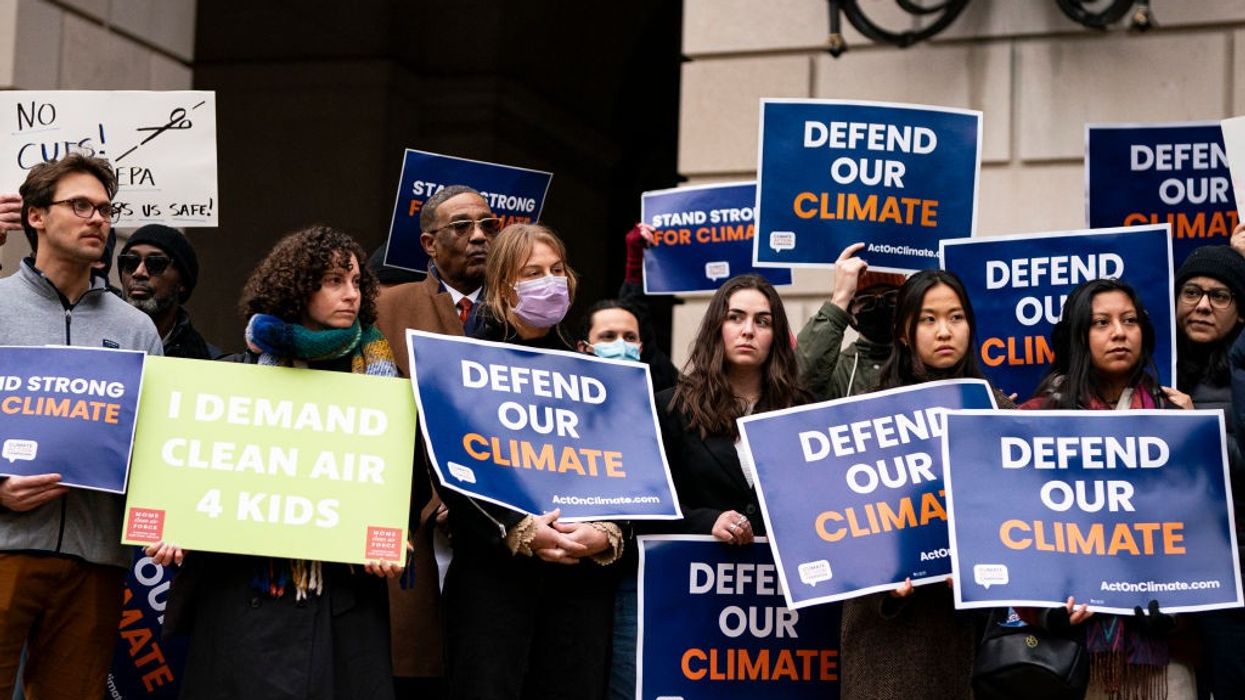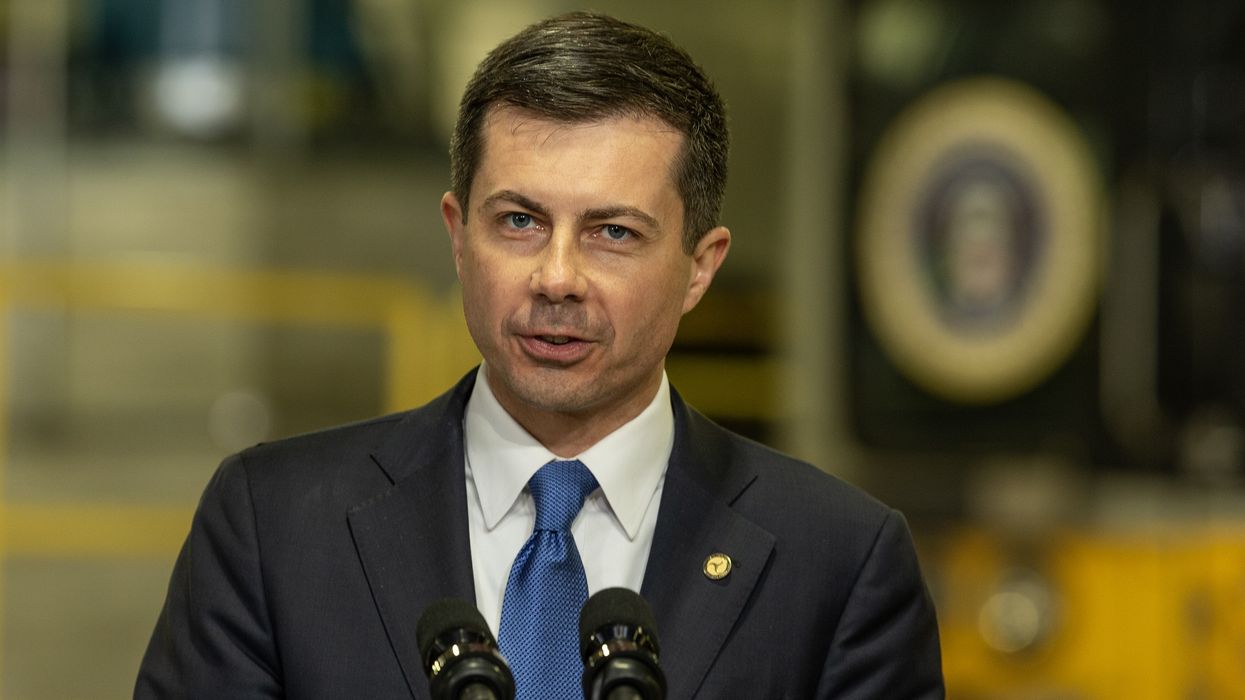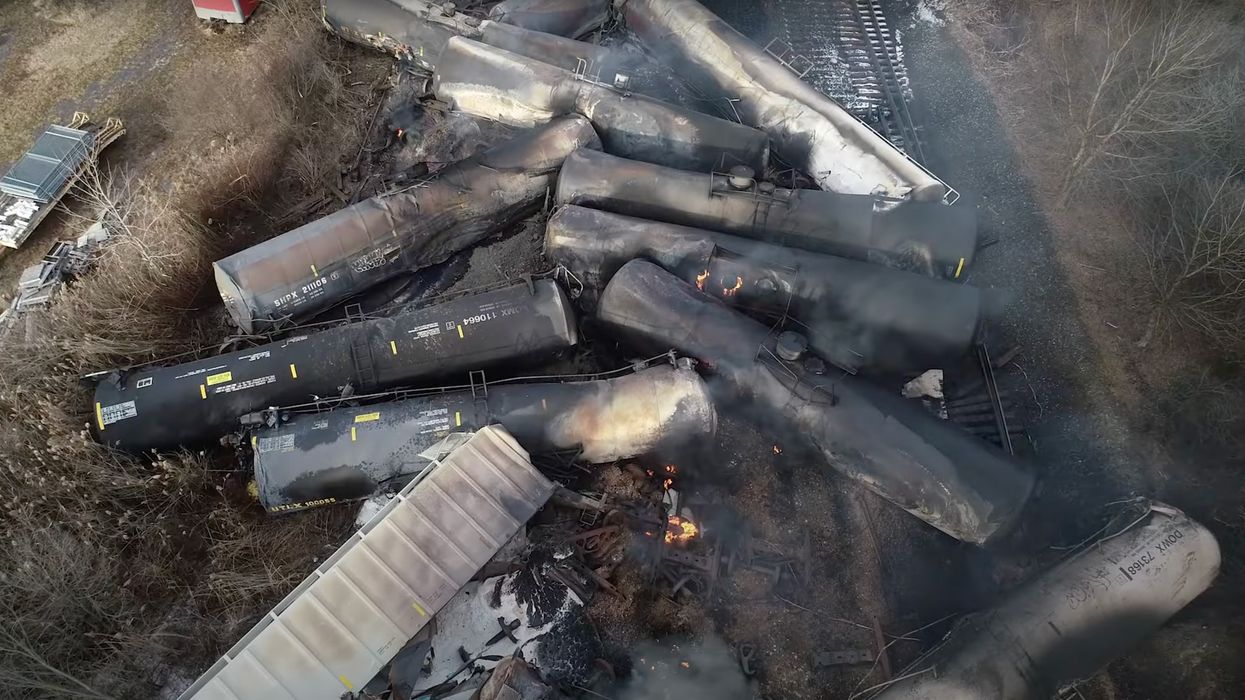The suit names as defendants the Environmental Protection Agency and departments of Agriculture, Commerce, Interior, and Transportation, as well as several entities under them: the Animal and Plant Health Inspection Service, Bureau of Land Management, Bureau of Ocean Energy Management, Federal Aviation Administration, Fish and Wildlife Service, Forest Service, National Oceanic and Atmospheric Administration, and National Park Service.
"The world's richest man has created an alternative power structure inside the federal government for the purpose of controlling spending and pushing out employees."
" Elon Musk and his hacker minions are tearing apart the federal agencies that protect our public lands, keep our air and water clean, and conserve our most cherished wildlife. The public has every right to know why they're waging this cruel war on our environment," said Brett Hartl, the center's government affairs director.
"Musk has shown that he can and will destroy a federal agency in a single weekend," Hartl added. "If his deranged antics are allowed to continue, we might never be able to fix the damage to America's environment."
The suit alleges "a flagrant violation of the Federal Advisory Committee Act (FACA), which requires transparency, open public participation, and balanced representation when the president or executive branch agencies establish or use nonfederal bodies for the purpose of seeking advice or recommendations."
Trump's executive order establishing DOGE directs all agencies to form teams, or what FACA calls advisory committees, controlled by Musk. The complaint argues that "defendants have failed to ensure that the DOGE teams comply with the balance and openness requirements of FACA."
"Mr. Musk and other billionaire and tech executives working with DOGE stand to benefit personally and financially from the DOGE teams' work, including by securing government contracts, slashing environmental rules that apply to their companies, and reducing the government's regulatory capacity and authority, including by targeting specific agencies, statutes, and spending decisions that affect their businesses," the filing warns.
The complaint notes recent reporting that "Musk is using his influence over the DOGE teams to rapidly consolidate control over large swaths of the federal government, sideline career officials, gain access to sensitive databases, and dismantle agencies and regulatory systems."
"Since President Trump assumed office—and without any congressional approval—the world's richest man has created an alternative power structure inside the federal government for the purpose of controlling spending and pushing out employees," the document adds. "Meanwhile, Musk has been named as a special government employee, which subjects him to less stringent rules on ethics and financial disclosures regarding his role overseeing DOGE and the DOGE teams."
The new case calling on the court to require compliance with FACA comes after the center filed another federal suit in Washington, D.C. last Thursday with the aim of using the Freedom of Information Act to unveil details about what Hartl said "should be called the Department of Government Evisceration."
It also follows U.S. Rep. Gerry Connolly (D-Va.), ranking member of the House Committee on Oversight and Government Reform, launching a probe last month into Musk's official title. The congressman demanded answers from the White House by this coming Thursday.




